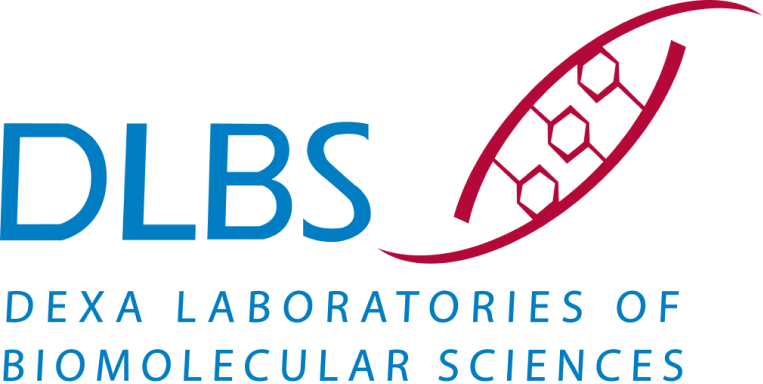Predimenol is a standardized extract obtained from the fruit of Phaleria macrocarpa, commonly referred to as mahkota dewa. Native to Indonesia, this plant is highly valued in traditional medicine for its therapeutic benefits. Predimenol is known for its effectiveness in relieving pain by reducing inflammation and alleviating pain associated with inflammatory conditions, including menstrual-related headaches and myalgia.
Product Overview
Botanical origin
Phaleria macrocarpa pericarpium
Type of extract
Dry extract
Analytical marker: Phalerin
Product Specification
1. Premium Quality and Standardization
Predimenol is a standardized extract crafted to meet stringent quality specifications.
2. Manufactured in a Certified Facility
Produced in a facility with GMP, CPOTB, IEBA and ISO22000 certifications, ensuring top-tier quality.
Guaranteed Halal through the implementation of the Halal Assurance System.
3. Proven Safety Through Rigorous Studies
Acute and subchronic toxicity studies exhibited Predimenol as a non-toxic substance, indicated by the LD50 value greater than 15 g/kg body weight. Furthermore, the overall dose of Predimenol (50 mg/kg body weight, 225 mg/kg body weight, and 1000 mg/kg body weight) on 90 days studies revealed no changes in the hematology and urine profile or abnormalities in animal organs.
A clinical study with 23 participants reported a favorable safety profile for Predimenol, with only a few mild adverse events noted. Notably, four subjects experienced dyspepsia, which may be linked to the treatment's mechanism of selectively inhibiting cyclooxygenase-2.
4. Proven Benefits through Pre-clinical and Clinical Study
In vitro studies have shown that Predimenol is effective in treating dysmenorrhea and managing endometriosis. Its mechanism of action involves angiogenesis, cell migration, and the regulation of estrogen and progesterone receptor levels, the eicosanoid pathway, cell viability, and apoptosis. These studies suggest that Predimenol could potentially be used to reduce the occurrences of premenstrual syndrome (PMS) and dysmenorrhea.
Pharmacodynamic studies demonstrate that Predimenol has anti-inflammatory, pain-reducing, and analgesic effects. These studies concluded that it positively affects symptoms related to premenstrual syndrome (PMS) and dysmenorrhea.
A clinical study involving 23 participants examined the effects of treatment on various premenstrual symptoms. Overall, the study indicated effective relief from PMS symptoms.
Key Feature of the Product
Phaleria macrocarpa has been extensively studied for its anti-inflammatory, pain-relieving, and analgesic effects due to its flavonoid components, which aid in alleviating symptoms associated with endometriosis and dysmenorrhea.
Empirical Benefit
The empirical use of Phaleria macrocarpa, commonly known as Mahkota dewa, is widespread, particularly in Indonesian traditional medicine. It is valued for its perceived health benefits, including pain relief, hormonal balance, detoxification, and immune support.
Proven effective for treating premenstrual syndrome (PMS) and dysmenorrhea based on clinical study data
Clinical study of Predimenol in 23 individuals showed that Predimenol significantly reduced headache, myalgia, abdominal and back pain during the treatment period compared to the control period. It also showed significant decreases in breast tenderness and improvement in myalgia and headaches. Other symptoms such as fatigue, nausea, overeating, feelings of tension, unhappiness, and difficulty concentrating demonstrated meaningful improvement during the treatment, although the reduction in nausea was not clinically significant. Overall, the study indicated effective relief from PMS symptoms.
Health Benefit
Store at room temperature (≤ 30°C), in a tight container, protect from direct sunlight.
Storage Conditions
Dumanauw, Jovie M., et al. Efek Farmakologi Tanaman Mahkota Dewa (Phaleria macrocarpa (Scheff.) Boerl) (Studi Literatur). Vol 1, No 02 (2022): E-Prosiding Semnas Polkesdo.
Maharani, Maharani & Sutrisno, Sutrisno. (2021). Flavonoid Extract of Mahkota Dewa (Phaleria Macrocarpa) Can Increase The Apoptotic Index in Endometriosis Mice Model. Jurnal Kebidanan Malahayati. 7. 652-657. 10.33024/jkm.v7i4.4606.


